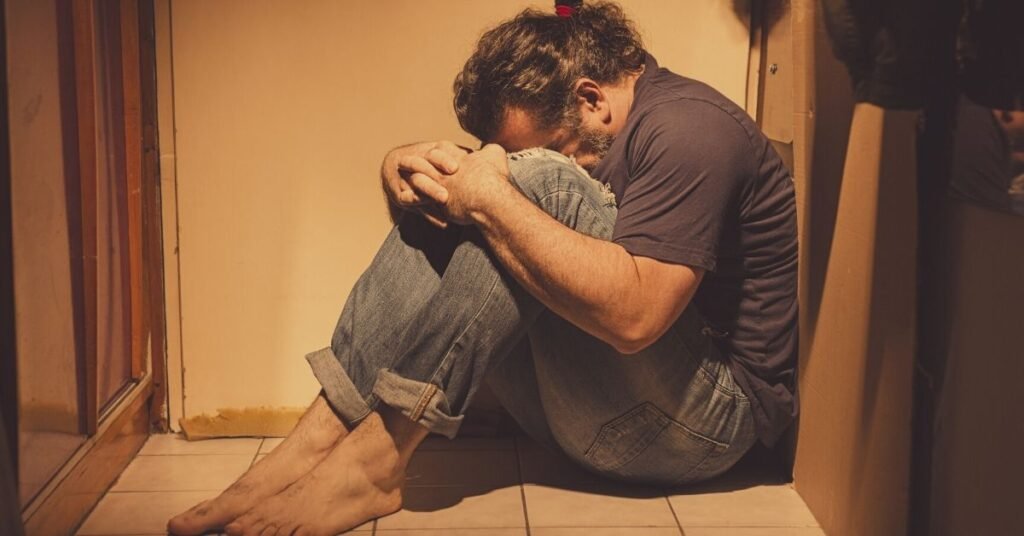Face your past to recognize and overcome trauma
We in the LGBTQ community have endured more than our share of what psychologists call Big T trauma, such as abuse and physical violence. How do we recognize the negative experiences from the past that impact our lives today? How can we overcome them?
Learn how to recognize and overcome trauma:
Heal your mind and body by recognizing and overcoming trauma
Nick Venegoni is a psychotherapist and certified hypnotherapist with a private practice in San Francisco, California. He specializes in supporting queer professionals struggling with anxiety, anger, relationship issues or trauma, with the goal of helping them find more joy and ease in their lives. Nick also provides and hosts holistic spiritual coaching for LBGTQ individuals around the world through Queer Healing Journeys The Queer Spirit Podcast.
In this episode of Queer money®, Nick joins us to share his definition of trauma and discuss why we may not even know we’ve experienced it. He explains how to recognize trauma and describes the most common things we do to hide the pain of our adverse childhood experiences. Listen to Nick’s insights on taking action when trauma negatively impacts your life and learn about the close connection between our physical and mental health.
Topics covered on identifying and overcoming trauma
How Nick defines trauma
- Emotional reaction to a bad experience
- Accident, physical attack or vicarious agents from the area
The research around Adverse Childhood Experiences (ACEs)
- Higher scores = stronger negative reactions in adulthood
- Also determines physical health
Nick’s insight into the urge to look fabulous
- Check out WHY Spending (Retail Therapy, Escape Travel)
- A habit that seems healthy can be an avoidance strategy
Why we may not know we have experienced trauma
- I think experience was a normal challenge
- Obvious problem/struggle may be caused by trauma
How Nick helps clients recognize and overcome trauma
- Examine your habits (eating, drinking, exercise + social contacts)
- Resource with basic self-care
The difference between trauma and suffering
- Suffering = result of trauma
- Example: Suffering from depression as a result of a physical attack
How childhood trauma causes conflict in couples
- Reject others’ feelings based on different experiences
- Make an effort to understand where your partner is coming from
What we do to mask or ignore trauma
- Social media (fall into the scroll hole)
- Drugs, alcohol, sex and shopping
How to Tell When You’re Masking Trauma
-
- Habit becomes life-threatening
- Likely symptom of another problem
How excessive spending on others can be symptomatic of trauma
Spend money to make people feel good and liked
Only when you give without expectations is it healthy
What to do if the trauma affects your life?
What needs do I have right now?
Communicate boundaries clearly
The Signs You’re Recovering From Trauma
Get involved in bad habits less and less
Feel better physically
Connect with Nick
Resources for identifying and overcoming trauma


